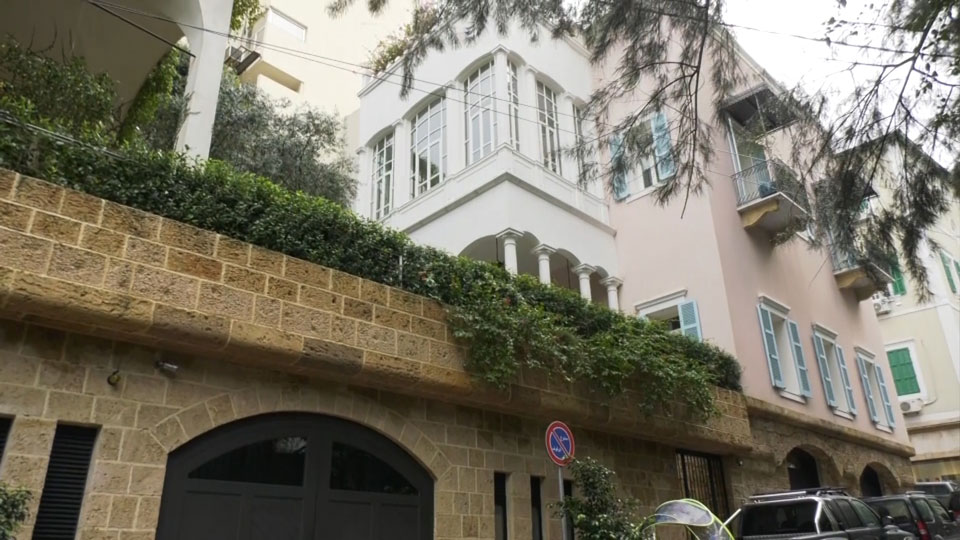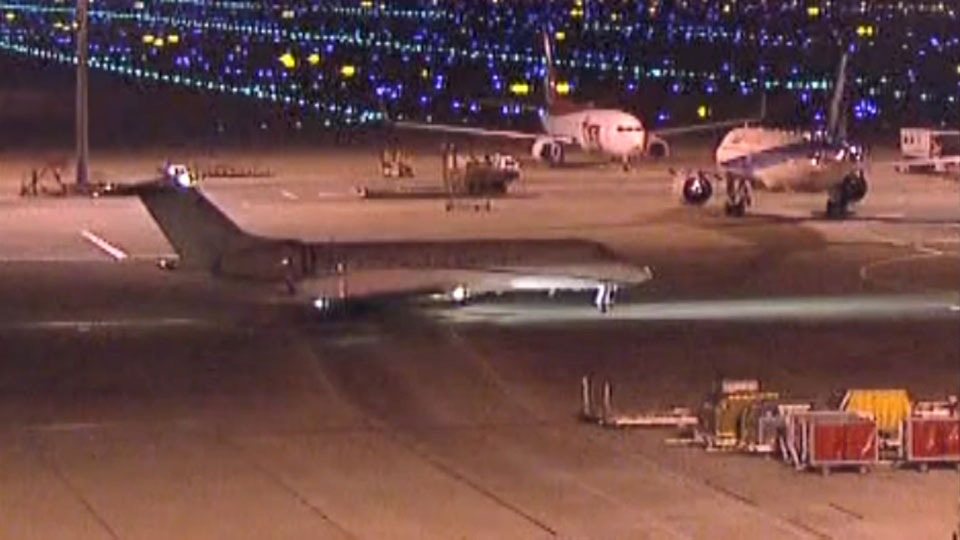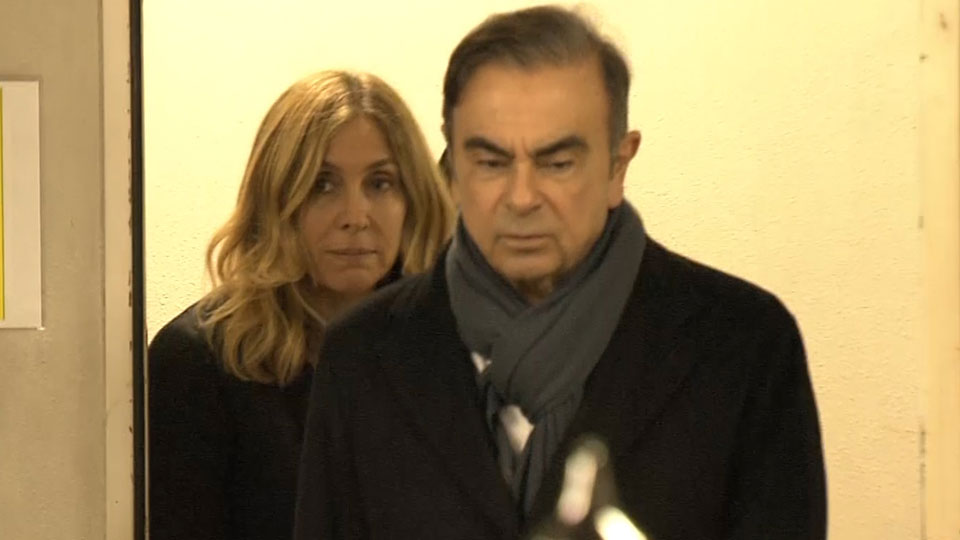Indicted and awaiting trial
In late 2018, Ghosn was arrested and indicted on charges of understating his compensation in Nissan securities reports and misappropriating company funds.
The Tokyo District Court released him on bail in April of last year. One of the terms was a ban on leaving Japan.
After his daring escape, the court revoked his bail and will confiscate the bond fee of 1.5 billion yen, or about 13.8 million dollars.
In his statement, Ghosn said, "I will no longer be held hostage by a rigged Japanese justice system where guilt is presumed, discrimination is rampant and basic human rights are denied."

Escape from Japan
Sources say Japan's Immigration Services Agency has no record of Ghosn leaving the country. So how did he manage to get out from under the noses of Japanese authorities?
Ghosn is believed to have boarded a private jet at Osaka's Kansai International Airport in the late evening of December 29th. The plane landed in Turkey twelve hours later.
At the center of the mystery is a pair of large boxes, designed to carry audio equipment. The Turkish newspaper Aksam has reported that two US nationals stowed the cases onto a private jet in Dubai, from where it headed to Osaka.
The paper says at Kansai International, security officials were unable to fit the boxes on an X-ray machine and instead screened them using hand-held devices. Aksam quotes sources as saying that this was what allowed Ghosn to pass undetected through immigration, hidden in one of the cases.

Investigations are ongoing in Turkey, where authorities have so far arrested five people. Prosecutors say they include pilots from Turkish private aircraft operator MNG Jet. The company, for its part, has filed a criminal complaint related to the case, saying two of its jets were used illegally for the escape.
Several Turkish outlets have reported that one of the arrested, an airline official, says he was asked by an acquaintance in Lebanon to help an "important person". The official reportedly claims he was told his family would be harmed if he did not cooperate.
Japan's response
Ghosn's trial was set to begin as early as April but this will not be possible unless he returns to Japan. The Tokyo District Public Prosecutor's Office has put out a statement critical of the former Nissan head.
The statement says Ghosn's escape was in defiance of the Japanese legal system and could constitute a crime, adding that "such an act can never be justified"
The office also says its prosecutors had been following legal procedures and were committed to carrying out a fair and appropriate trial. It says Ghosn's rights were fully guaranteed.

Next steps
Lebanon says it has received an Interpol "wanted" notice for Ghosn. But it is unlikely the country will respond, as it does not have an extradition treaty with Japan. Ghosn is a Lebanese citizen and also holds Brazilian and French passports.
Lebanon's justice minister says the country will cooperate with the Japanese government within the confines of Lebanese law. But he made no clear reference to the possibility of Ghosn's extradition.
Next up is Ghosn's side of the story. He says he plans to meet reporters on January 8.

